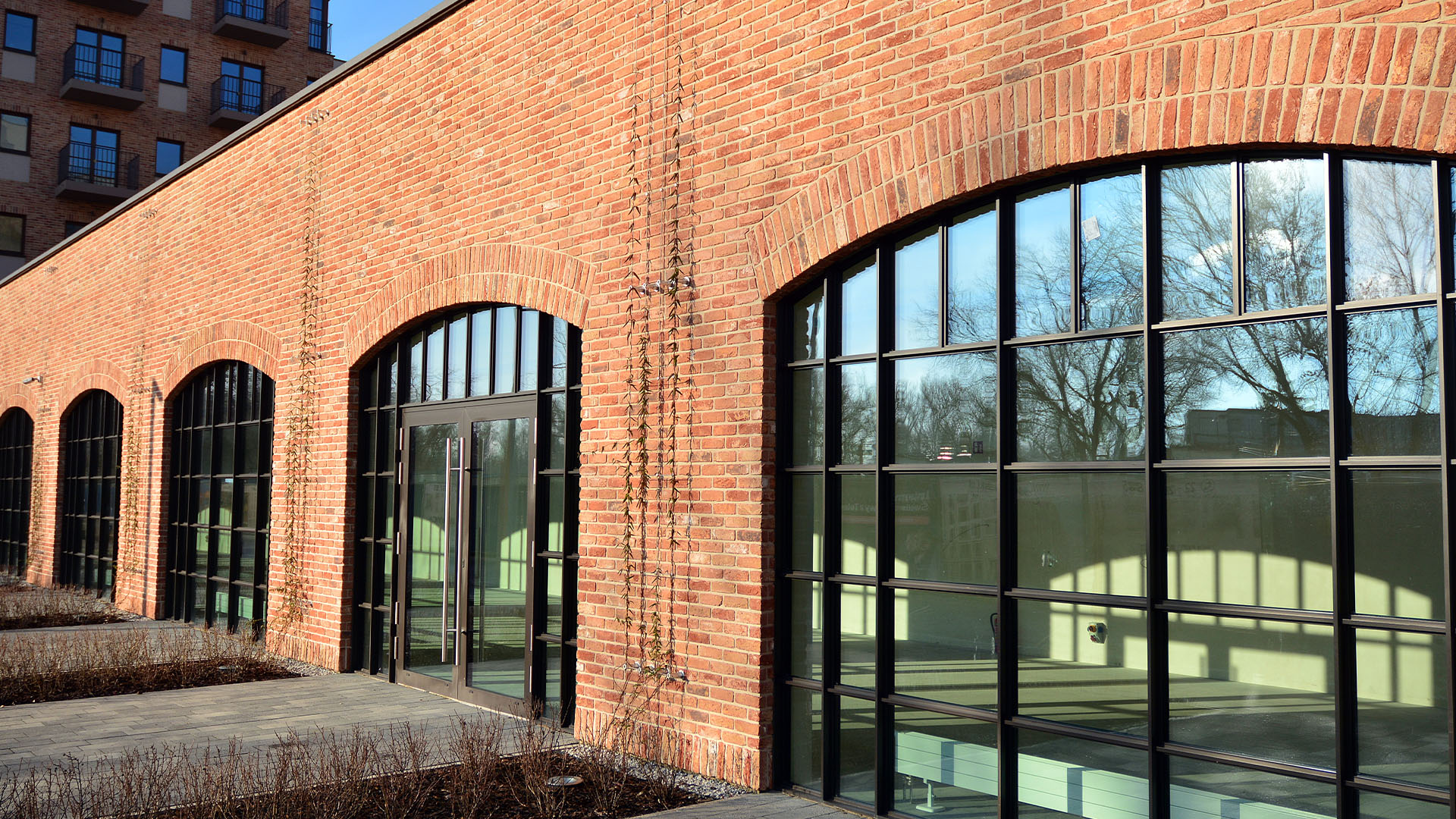As part of the transition towards recovery from the economic effects of the COVID-19 pandemic, on 25 March 2021, the COVID-19 Recovery Act 2021 (NSW) (COVID-19 Recovery Act) commenced. It amended a range of acts including the Retail Leases Act 1994 (NSW) (Retail Leases Act) to preserve certain protections introduced over the last year for lessees of retail and commercial premises.
In this article, we set out some key implications of the changes to the Retail Leases Act for lessors and lessees of retail and commercial premises and issues to consider during this period of transition. While lessors can now take action for certain breaches of leases arising after certain specified periods, they must exercise caution in doing so.
COVID-19 lessee protections introduced in 2020
As a temporary measure in response to the economic fallout caused by COVID-19, on 24 April 2020, the Retail and Other Commercial Leases (COVID-19) Regulation 2020 (NSW) introduced new regulations under the Retail Leases Act covering retail leases and a new schedule 5 in the Conveyancing (General) Regulation 2018 (NSW) covering non-retail commercial leases.
The protections were repeatedly extended in respect of some leases to 23 October 2020 and 28 March 2021 through the Retail and Other Commercial Leases (COVID-19) Regulation (No 2) 2020 (NSW) and the Retail and Other Commercial Leases (COVID-19) Regulation (No 3) 2020 (NSW) respectively, albeit with varied eligibility requirements for lessees.
Generally, the regulations restrained lessors from increasing rent or taking action for specific breaches of leases against eligible impacted lessees during specific periods unless certain obligations had been fulfilled. Lessors were required to engage in renegotiations for rent or other terms and undertake certain dispute resolution processes.
Which retail and commercial leases remain protected?
The latest amendments to the Retail Leases Act preserve protections for impacted lessees in relation to breaches of retail leases and commercial leases which arose only during the prescribed periods (Period).
Lessors are restrained from taking “prescribed actions” for such breaches unless they have complied with their obligations to renegotiate rent and dispute resolution.
There are three Periods under which eligible impacted lessees are entitled to protection:
| Prescribed period |
Eligibility requirements for lessees |
| Period 1: 24 April 2020 – 23 October 2020 |
A lessee under a retail or non-retail commercial lease during the prescribed period with:
- A turnover of less than $50 million in the 2018-2019 financial year; and
- A 30% decline in turnover compared to the corresponding month or quarter in 2019.
|
| Period 2: 24 October 2020 – 31 December 2020 |
A lessee under a retail or non-retail commercial lease during the prescribed period with:
- A turnover of less than $50 million in the 2018-2019 financial year; and
- A 30% decline in turnover in the September 2020 quarter, relative to the comparable period in 2019.
|
| Period 3: 1 January 2021 – 28 March 2021 |
A lessee under a retail commercial lease (but not a non-retail commercial lease) during the prescribed period with:
- A turnover of less than $5 million in the 2018-2019 financial year; and
- A 30% decline in turnover in the December 2020 quarter, relative to the comparable period in 2019.
|
| |
|
Lessors will continue to be restrained from taking prescribed actions against lessees for the following breaches of a retail lease or non-retail commercial lease which occurred during the relevant Periods:
- Failing to pay rent;
- Failing to pay outgoings; or
- Failing to open the business during the hours specified in the lease.
What are prescribed actions?
Prescribed actions (Actions) include taking action under a lease, seeking orders and/or issuing proceedings in a court or tribunal for the following:
- For eviction;
- To exercise a right of re-entry;
- To recover the premises or land;
- For distraint of goods or forfeiture;
- For payment of interest, fees or charges related to unpaid rent;
- To recover a security bond;
- For the performance of obligations pursuant to a guarantee under the lease;
- For possession;
- For termination; or
- For damages or any other remedy.
Obligations and dispute resolution
Before attempting to take any Actions for breaches arising during a Period, lessors must have complied with their obligations to renegotiate rent and undertake dispute resolution.
Where the protections apply, lessors must renegotiate the rent payable or other terms in good faith if requested by an impacted lessee. The renegotiation must consider the economic impacts of the COVID-19 pandemic and the leasing principles in the National Cabinet Mandatory Code of Conduct for commercial tenancies.
Where negotiations fail, before further Actions are taken by lessors, disputes relating to:
- non-retail commercial leases will ordinarily be referred for mediation conducted by the Office of the NSW Small Business Commissioner (OSBC); and
- retail commercial leases will ordinarily be resolved in accordance with Part 8 of the Retail Leases Act (usually requiring mediation by the OSBC at first instance).
What Actions can now be taken?
The lapsing of the regulations generally means that, as long as lessors are complying with other legal requirements and the terms of their lease, they are entitled to take action for breaches arising after the Periods. However, lessors should be cautious in exercising their rights to ensure they are not infringing the protections preserved under the Retail Leases Act.
What should lessors and lessees consider?
The lapsing of the regulations raises additional considerations for both commercial lessors and lessees including:
- Whether any alleged breaches occurred during a Period: If so, the previous protections remain available to lessees despite the relevant regulations now having lapsed. Even now, lessors must ensure that they do not take Actions in respect of past protected breaches. However, if the relevant breach occurred on or after 29 March 2021, such Actions can now be taken.
- Alleged breaches occurring on or after 29 March 2021: These are not protected under the previous COVID-19 protections.
- Unfinished renegotiations under the now-lapsed regulations: Lessors and lessees may continue negotiating, and work towards finalising, any outstanding renegotiations of rent under the previous regulations.
- Rights in insolvency: Lessors should confirm that any security interests arising from the lease are registered and/or capable of registration pursuant to the Personal Properties Security Act 2009 (Cth). They should also understand the likely effects on their rights in the event of a lessee’s insolvency.
If unsure about how these and other changes due to the COVID-19 pandemic impact your commercial or other leases, we suggest seeking legal advice from one of our experts.













